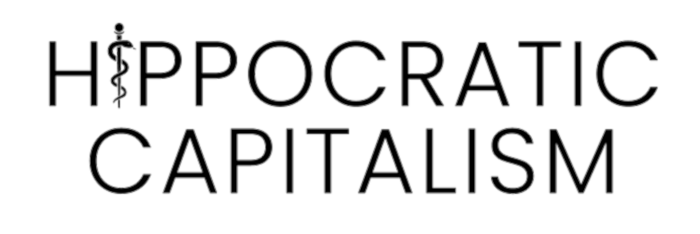National Quality Ranking Program, or Hospital Beauty Contest?
26 June 2023
This week, Penn Health became the second health system in the US to opt out of cooperating with the US News and World Report hospital rankings. The first health system to opt out was St. Luke's University Health Network, also in Pennsylvania.
In contrast to St. Luke’s, who argued that their USNWR ranking was unfairly and inaccurately low, Penn scored 13th in the nation in the latest round of rankings https://health.usnews.com/best-hospitals . And certainly, with their regional and national reputation, Penn can afford to take this position. More or less the same way in which a number of elite law and medicine graduate programs have opted out - for example Penn Medicine, who opted out last January (citing Harvard and Columbia’s medical schools as co-boycotters).
As an aside - my favorite example is Columbia, where the undergraduate college was the first in the country to opt out of USNWR rankings after one of their own math professors took to the NYTimes to expose how Columbia was cheating to achieve a higher ranking.
On one hand, these actions might seem surprising. Historically, hospitals (much like colleges) have seemed to love these rankings (if their marketing messages are any indication). Even Penn Health Health touted their top-20 ranking until very recently https://www.pennmedicine.org/news/news-releases/2021/july/penn-medicine-hospitals-rank-among-top-hospitals-nationally-and-1-in-pennsylvania. USNWR’s program has enough categories that almost everyone can spin themselves as a winner, with marketing headlines like “Top 10 medical schools in North Dakota for Gastroenterology and Dermatology!” (I made this one up, but it’s similar to this one and others I’ve seen such as https://www.tgh.org/news/tgh-press-releases/2022/us-news-and-world-report-once-again-names-tampa-general-hospital-as-best-in-tampa-bay.)
There’s also the risk that USNWR will try to punish Penn, both through lower rankings (since Penn can’t prevent being on the rankings; they can only refuse to submit the data that USNWR uses to construct the rankings) as well as by mocking them publicly, such as “Penn must be afraid of transparency.” Both of these risks are described in this NYTimes article about Yale and other law schools that have stopped contributing data for the rankings.
So what’s Penn’s motivation for not participating in these rankings? Penn’s chief medical officer, Dr. Patrick Brennan, laid out their core arguments in their press release https://www.pennmedicine.org/news/news-releases/2023/june/penn-medicine-stops-participation-in-us-news-and-world-report, saying, “…these measures do not help us deliver better care for our patients, and they incentivize health systems to expend resources both to compete for placement in the rankings and promote their position on the list.” Regarding that latter argument, San Francisco’s attorney general recently implied that USNWR is running a pay-for-rankings scheme (note that I haven’t reviewed the evidence on this; just citing the news story).
Summary:
- US News and World Report rankings do not lead to better care for patients.
- On the other hand, they provide incentive for health systems to divert resources away from critical areas like primary care, and toward reputation enhancers such as luxury facilities and physicians with national personal brands.
Nonfiction Book Recommendation of the Week: I’m going back in time here to Cathy O’Neil's excellent 2017 book, Weapons of Math Destruction. It's about all the ways in which algorithms can damage society. She devotes chapter 3, "Arms Race," to US News and World Report’s college rankings, which is what got me so interested in this topic in the first place. Her argument is that the USNWR rankings have contributed to tuition inflation, since many of the strategies colleges use to goose their rankings also have the effect of increasing their cost structure (luxury dorms, gyms, climbing walls, and of course marketing departments).
For more on market dynamics leading to increased healthcare costs, see my newsletter from last week https://www.hippocraticcapitalism.com/why-the-health-plan-industry-wants-healthcare-costs-to-keep-rising/, and for more on the ways in which hospitals have evolved from charities into businesses, see the previous week’s newsletter https://www.hippocraticcapitalism.com/most-hospitals-are-no-longer-charities-but-ought-to-be/
